From July 15 to July 26, 2024, the Global Summer School on “Smart Energy and Advanced Power” was held at Harbin Institute of Technology (HIT) as scheduled. This program, a new addition to HIT’s Global Summer School lineup for 2024, was organized by the School of Undergraduate College and hosted by the School of Energy Science and Engineering. This was the inaugural session of the “Smart Energy and Advanced Power” Global Summer School, which attracted participants from over 20 prestigious universities worldwide, including Zhejiang University, University of Science and Technology of China, Xi’an Jiaotong University, Shandong University, Quinton Business School (USA), Moscow Bauman State Technical University, Yonsei University (South Korea), Moscow State Institute of Steel and Alloys, and Tomsk Polytechnic University.
The summer school aimed to provide a platform for young scholars in the energy and power sector to exchange ideas, understand the current state and future trends of global energy science and technology, and stay abreast of cutting-edge developments and major scientific issues. It also aimed to broaden academic horizons, enrich academic experience, and enhance student skills. To this end, renowned experts such as Professor Yan Kleissl from Caltech, Professor Nicolas Riviere from INSA Lyon, Professor Tongming Zhou from the University of Western Australia, and Professor Iranzo Alfredo from the University of Seville offered theoretical lectures on advanced topics in aircraft fluid dynamics, flow control, and solar photovoltaic systems. Additionally, HIT’s own Professors Yang Dazhi, Ding Zijing, and Bachir, along with Professor Piotr Łapka from Warsaw University of Technology, delivered lectures on cutting-edge issues and research hotspots in the energy and power sector. Practical projects on aerodynamic layout and wing design for micro unmanned aerial vehicles were also included to deepen students’ practical understanding of fluid dynamics and flow control.
The summer school not only provided academic advancement opportunities but also facilitated communication and collaboration among students, fostering innovation and teamwork. Participants from various disciplines shared their experiences and insights, noting that the summer school broadened their academic perspectives, introduced them to like-minded peers, and yielded significant benefits. The closing ceremony, held in a warm and formal setting, concluded with participants bidding farewell, filled with valuable experiences and memories. They expressed a desire to keep in touch and look forward to returning to Harbin Institute of Technology for further academic and research exploration.
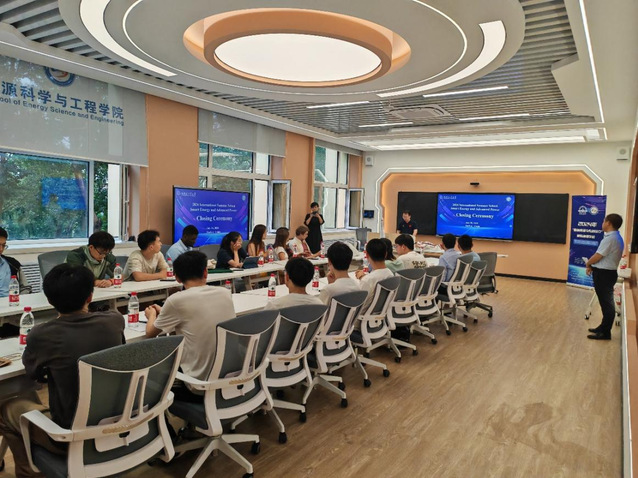
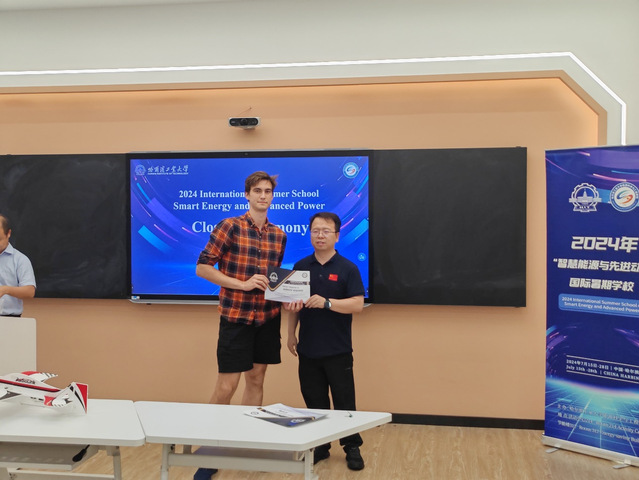
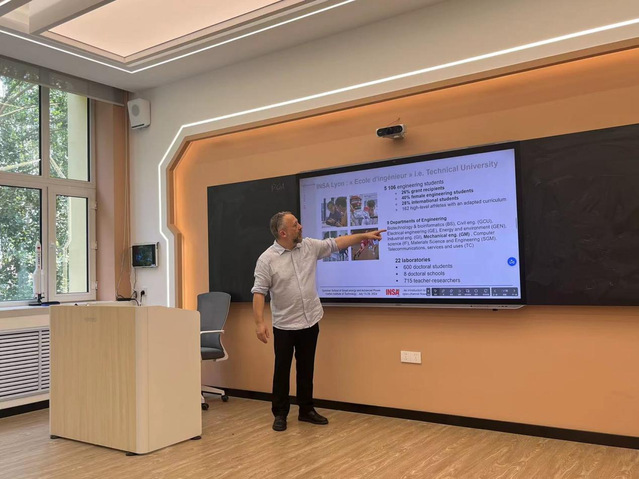
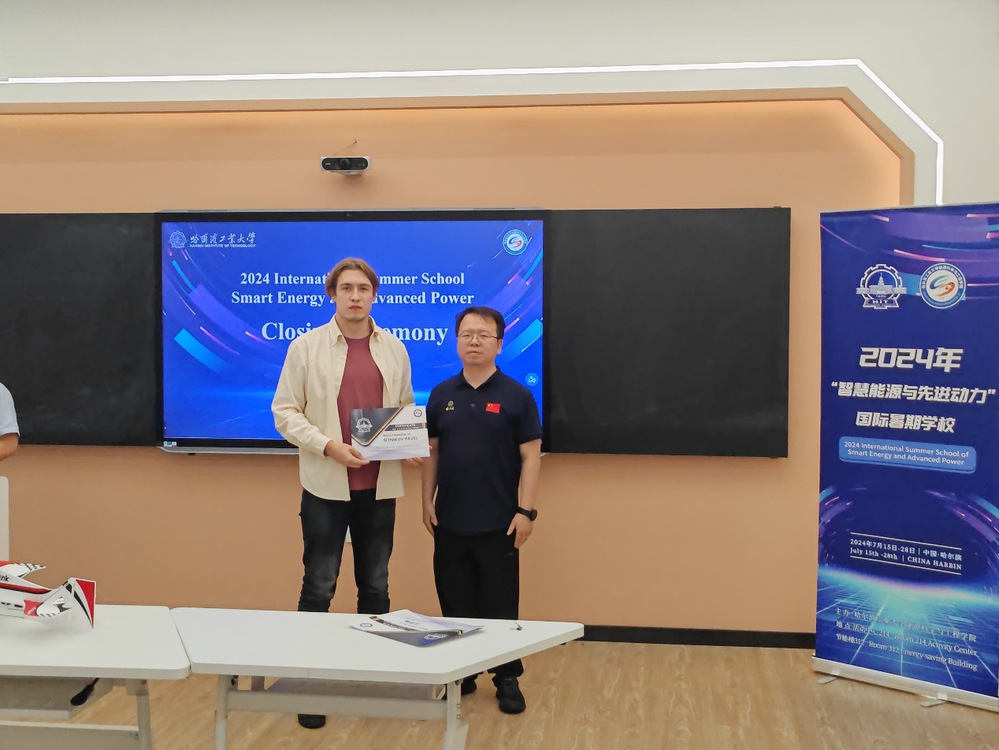
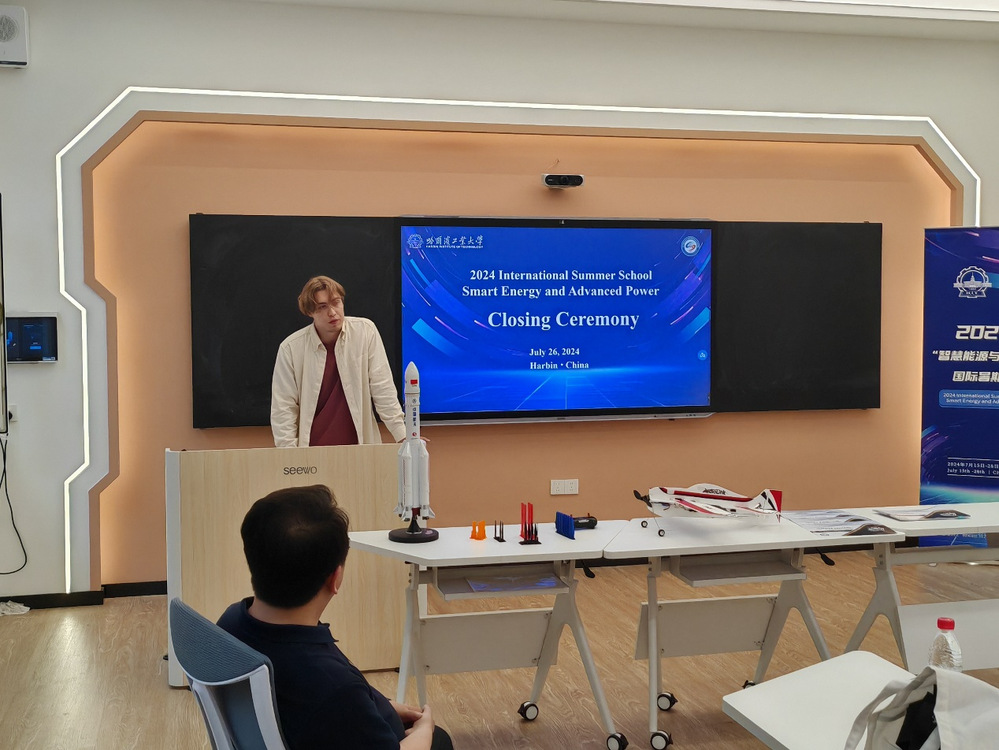
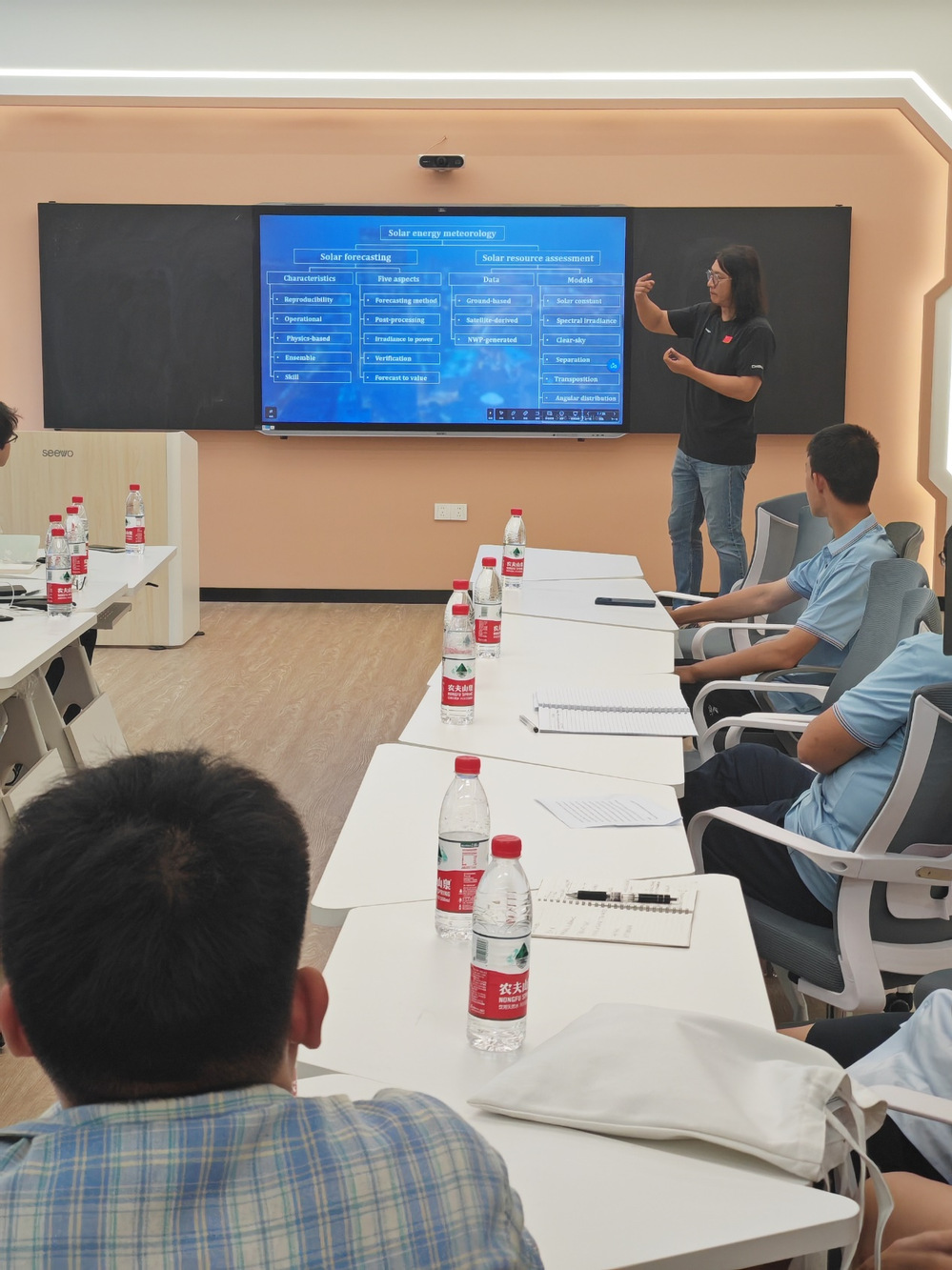
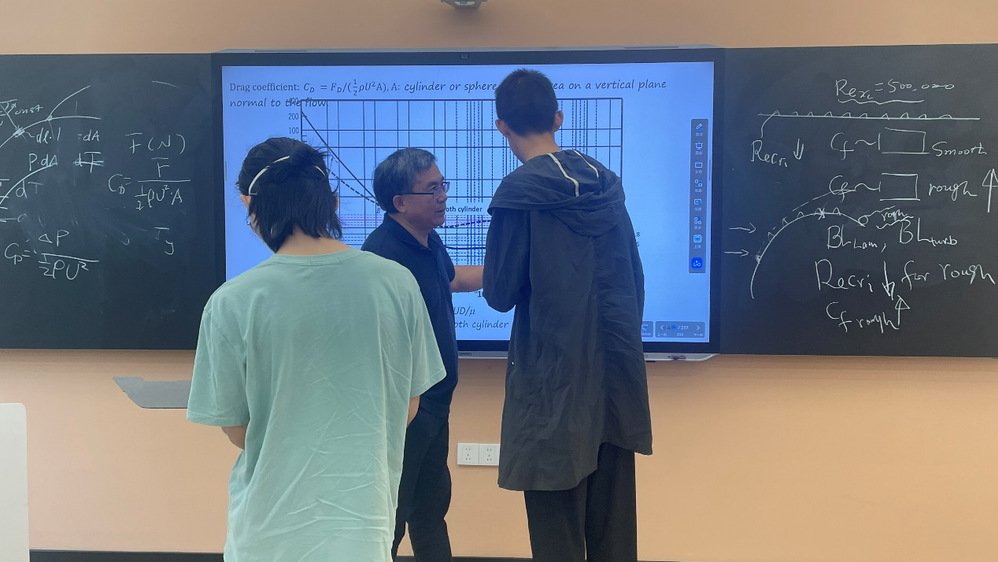
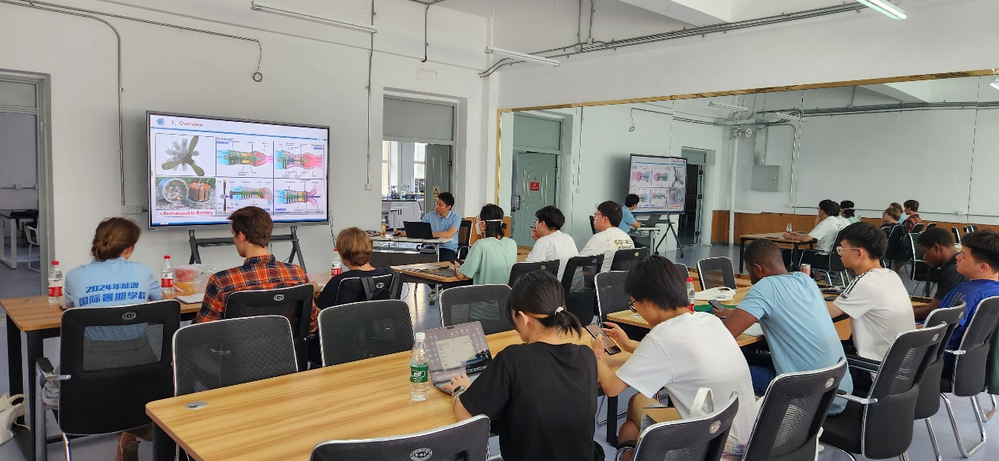
责任编辑:
审核:吴婉琼


